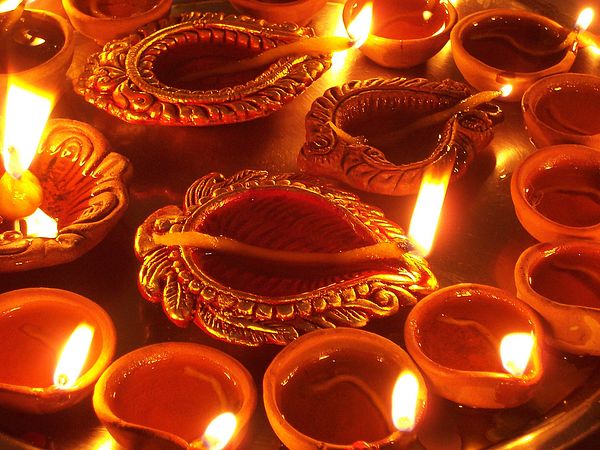Diwali, also known as the Festival of Lights, is one of the most celebrated festivals in India and among the Indian diaspora around the world. It symbolizes the victory of light over darkness and good over evil. However, in recent years, the traditional way of celebrating Diwali has taken a toll on the environment due to excessive fireworks and pollution. In this blog, we will explore how Diwali has evolved over the centuries and discuss ideas for a more eco-friendly and sustainable celebration.
Eco-Friendly Diwali: Celebrate Sustainably
India • 9 Nov, 2023 • 62,497 Views • ⭐ 4.6
Written by Shivani Chourasia

Diwali through the Ages: How the Celebration has Evolved Over the Centuries
Historical Roots of Diwali

Diwali has ancient roots that trace back over 2,500 years. It is celebrated to mark various historical events, including Lord Rama's return to Ayodhya after defeating Ravana, the demon king, and Lord Krishna's victory over the demon Narakasura. Traditional Diwali celebrations involved lighting oil lamps or diyas, decorating homes with rangoli (colorful patterns), exchanging gifts and sweets, and visiting temples. The focus was on spiritual and familial bonds.
Modernization of Diwali

With the advent of technology and urbanization, Diwali celebrations have evolved. Fireworks and firecrackers became a significant part of the festivities. While they added sparkle to the celebration, they also brought with them issues of air and noise pollution.
Eco-Friendly Diwali: Ideas for a Sustainable and Environmentally Conscious Celebration
Harness the Power of the Sun

Make a sustainable choice this Diwali by switching to solar-powered LED string lights to illuminate your outdoor spaces. These eco-friendly lights derive their energy from the sun, reducing electricity consumption and lowering your carbon footprint. Not only do they create a cozy and welcoming ambiance for your festivities, but they also contribute to a cleaner environment by decreasing the reliance on conventional power sources. Use energy-efficient LED lights for your decorations. They consume less power and last longer, reducing energy consumption and environmental impact.